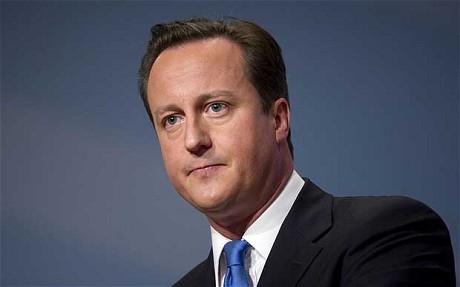Ahead of the forthcoming general election on 7th May every voter in the UK will be thinking about what the results from the ballot box will mean to them from a financial perspective.
Whether the Conservatives take outright control, the Labour party returns to power or another coalition is formed all taxpayers will be considering the ramifications. After five years of austerity under Conservative-Liberal Democrat coalition leadership are the goalposts about to be changed?
With Prime Minister David Cameron and Deputy Prime Minister Nick Clegg at the helm welfare, immigration, education, healthcare and taxation reforms have all been specific focuses and that will remain the case whoever is residing at 10 Downing Street after the election.
To the traditional Conservative voter, to those with more left wing leanings and to the politically apathetic one of the key considerations when mulling over each party’s election manifesto is what a change in government will entail financially. The man on the street, the small business owner or the CEO of a large corporation, clearly everyone has a different perspective.
Across the political spectrum every taxpayer, householder and investor has their own view on income tax, inheritance tax, council tax and the role of governments in supervising the financial decision making of the UK population.
The late-2000s financial crisis left a large deficit in state finances and changes were deemed necessary. Both offshore investment and attracting talent and inward investment to the UK have been hot topics under the current government.
As the political landscape changes, party leaders and prime ministers come and go, so too come changes in attitudes and policies towards taxation, investment, wealth management, state pensions, retirement age and almost limitless other financial considerations.
The union between England, Wales, Scotland and Northern Ireland and potential changes to the relationships between them clearly also have significant financial implications to society as a whole and to the individuals living across the United Kingdom.
Likewise the UK’s relationship her neighbours within the European Union, the ‘special relationship’ with the United States and wider relations with powerhouses such as China, Japan, Russia and the emerging nations all fluctuate according to who is in power and according to global financial trends.
During Cameron and Clegg’s leadership the Scots have voted on devolution whilst Cameron also became the first British Prime Minister to ‘veto’ an EU treaty in 2011.
The UK remains stoutly outside the Eurozone and amongst the Tory party’s election manifesto is a possible referendum on the UK’s membership of the European Union in 2017.
What could all this mean to the future economic landscape for British citizens both at home or living abroad? If Labour regain power will they be able to deliver on their own election manifestos and avoid a return to the dark days of the financial crisis?
Looking towards the UK from outside and providing an objective viewpoint, international tax expert Axel von Schubert, of Bahamas based firm ECMS commented, “The 2015 general election in the United Kingdom is a particularly interesting moment from a financial perspective and it will be fascinating to see who voters place their trust in. The UK is still a banking and investment powerhouse, its government and citizens played a significant role in the gradual recovery from the global financial downturn and now the country’s destiny is once again in the balance.”
For the individual investor about to take a first step onto the property ladder, the thrifty families managing their household finances, to the large scale investors at banks considering their post election strategy and the older voter pondering private investment for retirement, the results of the election on 7th May are sure to have a profound effect.





